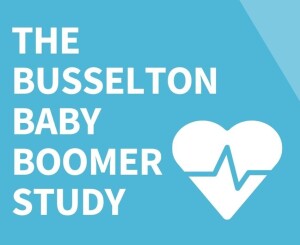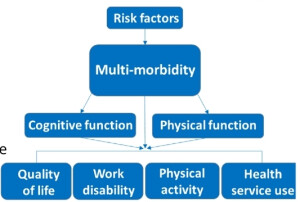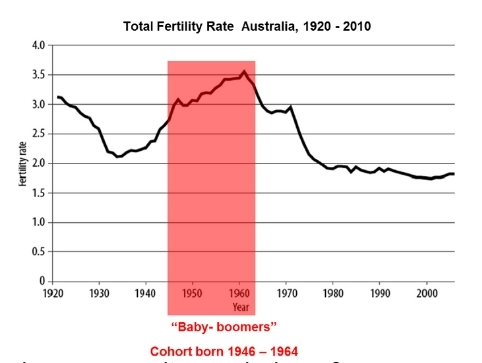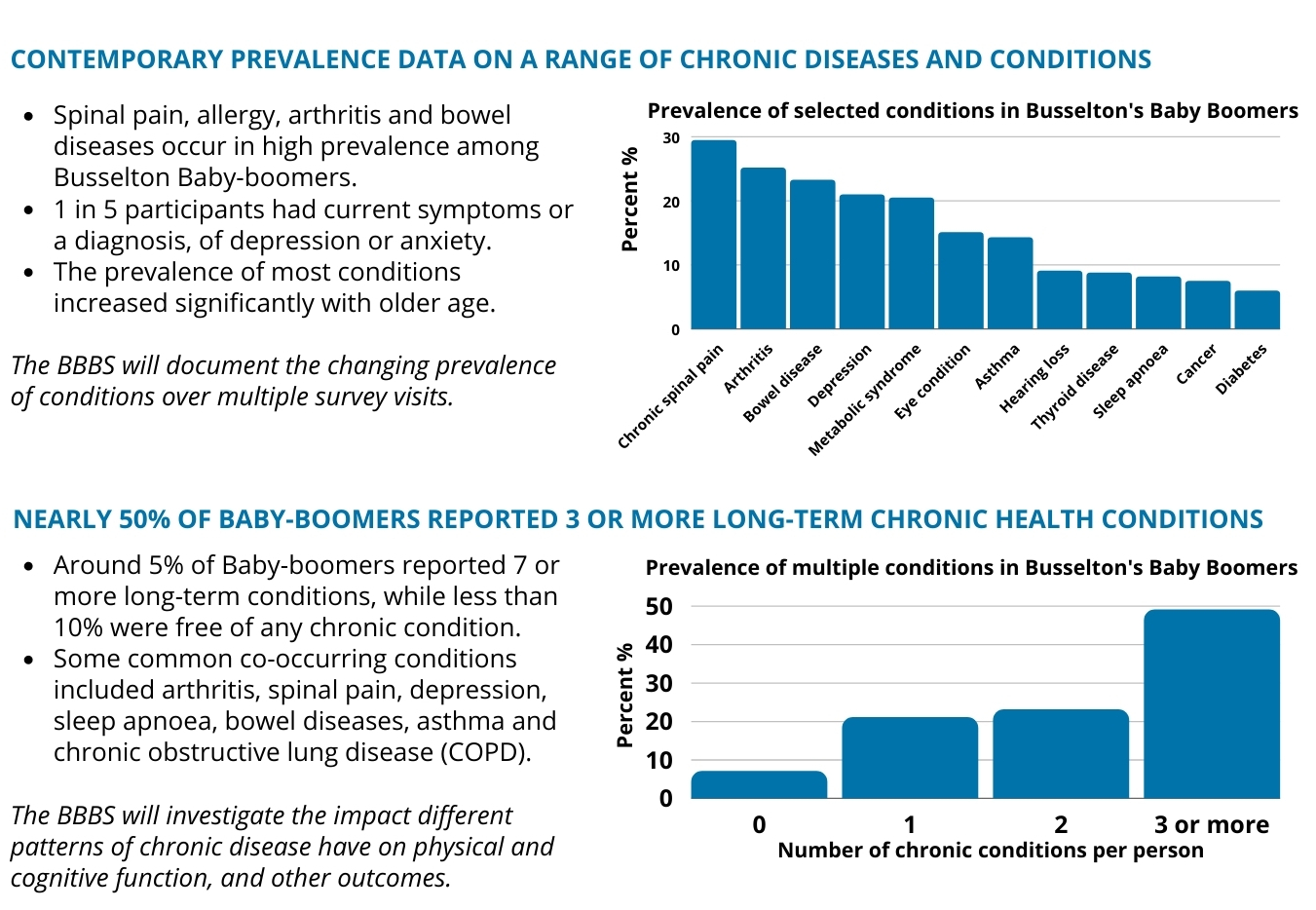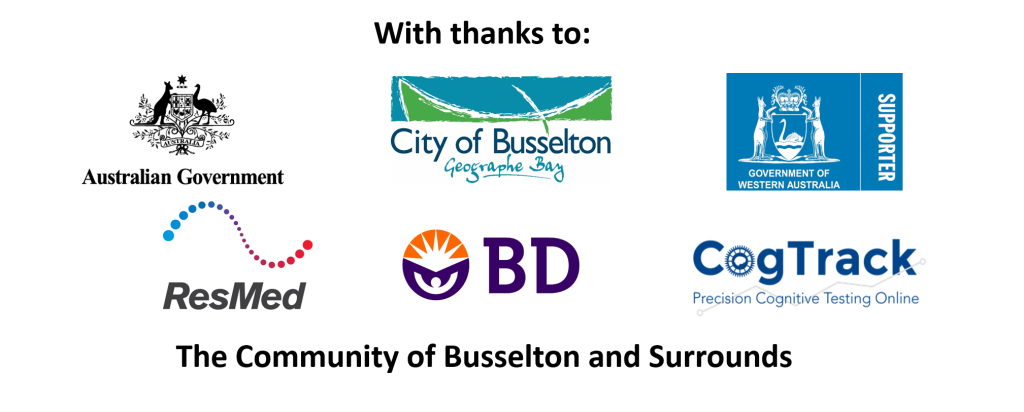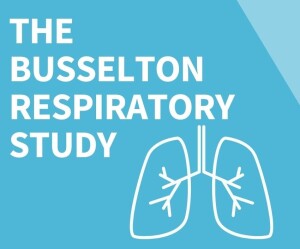The Busselton Baby Boomer Study (BBBS) is a longitudinal study designed to comprehensively characterize chronic disease in a community sample of ‘Baby-boomers’ (adults born 1946 to 1964) with the goal of assessing all participants every 5 years.
The general aim of the BBBS is to characterize multiple chronic conditions (also known as multi-morbidity) and risk and resilience factors, identify patterns of chronic diseases and relate them to changes over time in cognitive and physical function, and investigate relationships with the outcomes of quality of life, physical activity, work disability and use of health-care services.
The first phase (baseline) study (The Busselton Healthy Ageing Study, BHAS) was conducted between 2010 and 2015 and collected data from 5,107 Baby-boomers, representing a remarkable 76% participation rate in the City of Busselton. Residents were selected from the electoral roll and completed questionnaires and up to 4 hours of clinical testing involving cognitive, cardiac, respiratory and physical function, ear and eye assessments, body composition, bone density, sleep studies and blood samples for biochemistry and genetic research. The BBBS is the most comprehensive survey ever undertaken by the BPMRI and the most detailed community health study in the Nation. The second phase (follow-up) study of this cohort is underway and will continue until 2021.
Why are we studying Baby-boomers?
Australia’s population is ageing and the transition of the Baby-boomer generation from middle to older age is associated with increased multi-morbidity – a major driver of health costs in Australia. Models of healthcare must move from a focus on single conditions to one on multiple chronic conditions. New knowledge is needed to understand the impact of multi-morbidity on health and social outcomes, however the patterns, causes and impact of multi-morbidity in the population is not currently well known.
Longitudinal studies are needed to provide important evidence on how to predict and, therefore, prevent the incidence and progression of multi-morbidity so as to reduce its impact on cognitive and physical function, improve quality of life and work force participation, and reduce health-care expenditure. The BBBS represents a powerful and unique medical and population health research resource to better understand mechanisms of disease and to identify and develop effective and targeted interventions to prevent or better manage diseases associated with ageing. Study participants benefit by receiving detailed study results to guide lifestyle improvements and early detection of health conditions.
Some findings
The study captures a wide range of health conditions and is providing new information on conditions of ageing and risk factors. Some examples of how the data is being used for collaborative medical research can be found by following these links:
- Cognitive function READ MORE
- Respiratory function READ MORE
- Cardiovascular function and treatment READ MORE
- Bone density and body composition READ MORE
- Spinal pain READ MORE
- Hearing and tinnitus READ MORE
- Sleep apnoea READ MORE
- Skin cancer READ MORE
- Eye and vision disorders READ MORE
- Metabolic profiling of diseases associated with ageing READ MORE
Significance of the BBBS
The BBBS is an invaluable resource for National and International collaborative medical research. Findings from the study will inform how to prevent and better manage multi-morbidity so that its impact on reduced function is minimised, quality of life is maximised, and health care costs reduced. The information will help to customize and target health promotion and disease prevention strategies, including interventions targeted at specific risk factor management or focused on areas where people have difficulties, such as functional ability or management of medications. Examples include; 1) when should individuals start actions to prevent or treat disability and what are the barriers to exercise-based interventions due to multi-morbidity?, 2) does better control of hypertension and other cardiovascular risk factors in middle age reduce cognitive impairment or dementia in later life?, 3) do interventions for hearing loss influence or reduce cognitive decline?
How can I participate in the BBBS?
The BBBS is recruiting participants who took part in the baseline survey conducted between 2010 and 2015. If you attended during this time you are eligible to take part (even if you are no longer in the region). If you have not yet heard from us or received your invite please get in contact with our centre to book an appointment.
Read about some of the findings resulting from this study and other Busselton surveys here
Download the Baby Boomer Study booklet including conditions studied here

